Chronic Kidney Disease (CKD)
What is Chronic Kidney Disease?
Chronic kidney disease is defined as any abnormality of the kidney structure or function for more than 3 months, involving health problems and the following characteristics: markers of kidney damage (one or more) or decrease in glomerular filtration rate.
Complications of CKD affect all organ systems (cardiovascular disease, hypertension, anemia, malnutrition, bone disease, neuropathy and decreased quality of life.
The proportion of people with important antecedents to CKD, such as diabetes, is growing alarmingly worldwide in both developed and developing countries.
A low protein diet for people with kidney failure (chronic stages 3 – 5)
A low protein diet may delay kidney failure in people with kidney disease (excluding diabetic disease).
Diet plays a major role in the progression and pre-dialysis complications of Crohn’s disease. Moderate protein intake and a low sodium diet can slow the progression of kidney disease.
A low protein diet is associated with a significant decrease in urinary urea nitrogen production and a concomitant decrease in renal workload.
The current recommendation is to reduce protein intake to 0.6 g – 0.8 g/kg/day in adults with appropriate nutritional training and monitoring.
An additional restriction of up to 0.3 g/kg/day is feasible but must be supplemented with an essential amino acidAmino acids are molecules that combine to form proteins. 20 amino acids make up the proteins of the human body. Of these, 8 are essential (our body cannot synthesise them, they must be supplied by the diet): isoleucine, leucine, lysine, methionine, phenylalanine, threonine, tryptophan, valine.
Arginine and histidine are semi-indispensable. In fact, only infants need to take them from their food.
Cysteine, glycine and tyrosine may be indispensable for certain populations and under strict medical supervision.

Patients with CHD should follow a detailed dietary care plan throughout their life. Nutritional monitoring is strongly recommended to ensure that sufficient energy is provided to patients when protein intake is modified.
The use of low protein products is useful in the construction of a diet as they provide a good amount of energy without harmful nutrientsA nutrient is a substance provided by food that ensures the development and maintenance of the body. Proteins, carbohydrates, fats, vitamins, minerals and trace elements are nutrients. (e.g. Rational Energy/Phosphorus -> it is possible to give 8 times more energy with the same level of Phosphorus in pasta) and thus delay renal death.
A compliant diet is the key to success, but it is very intrusive in a patient’s life.
It is difficult to achieve if the diet is too rigid.

